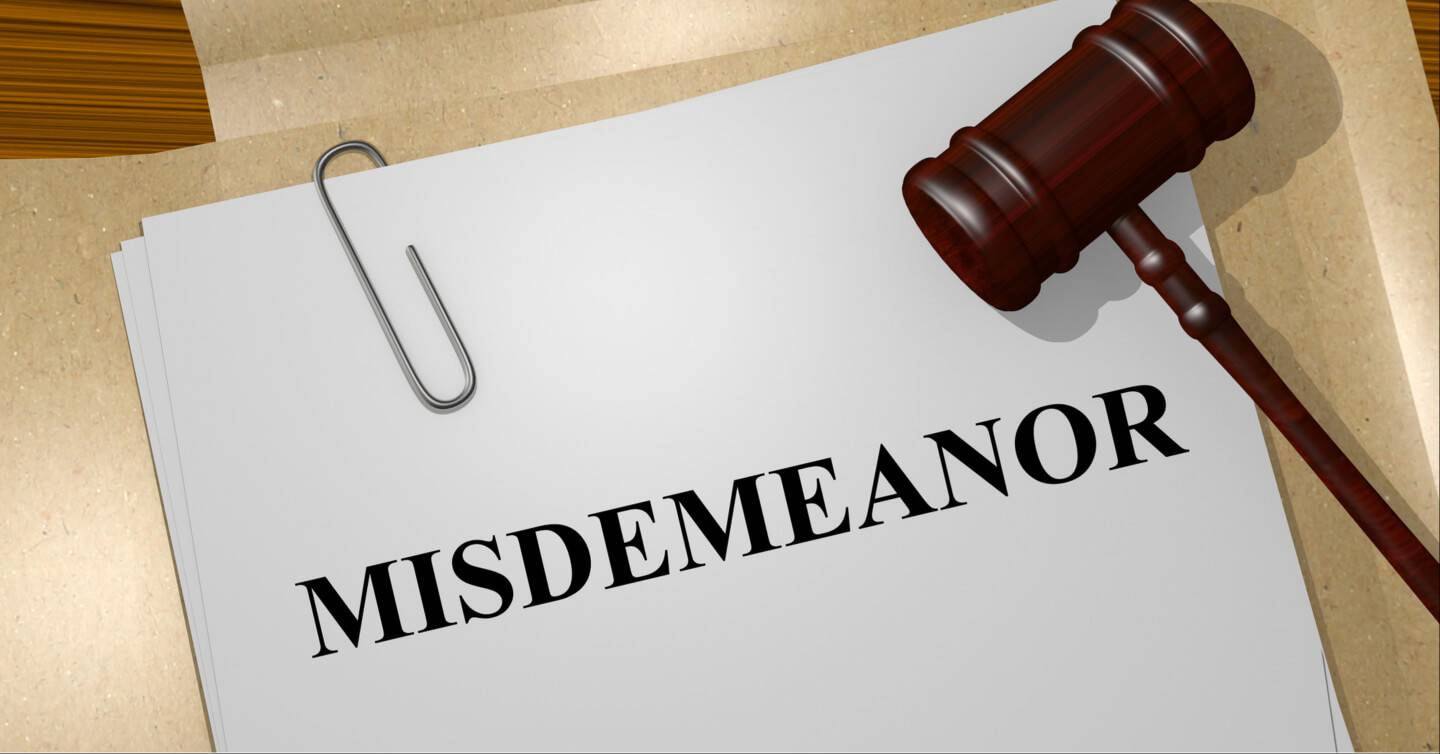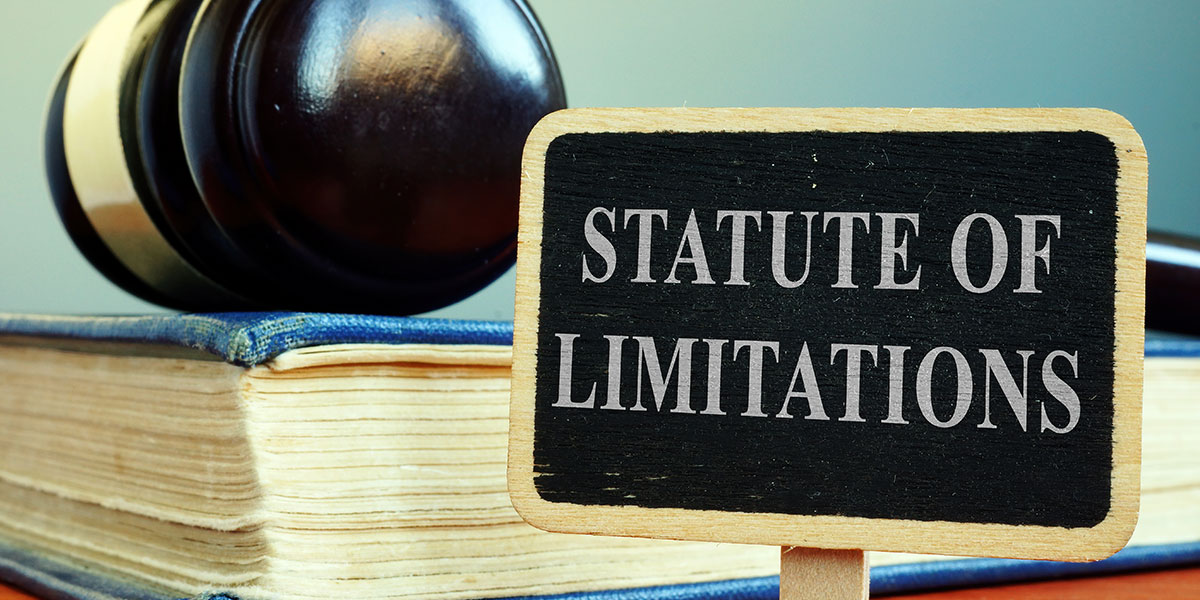Understanding the Legal Process After a DUI Charge
Facing a DUI charge can be overwhelming, but understanding the legal process can help you navigate the situation more effectively. From the moment of arrest to potential court appearances, each step is crucial in determining the outcome of your case.
The legal process typically begins with an arrest, followed by a series of hearings where evidence is presented. It's important to know your rights during this process, including the option to seek legal representation. Engaging a knowledgeable DUI attorney can significantly impact your defense strategy and the final verdict.
Common Defenses Against DUI Charges
There are several common defenses that can be employed in DUI cases, each tailored to the specifics of the incident. These defenses may include questioning the validity of the traffic stop, the accuracy of breathalyzer tests, or the legality of the field sobriety tests administered.
For instance, if the officer did not have probable cause to stop your vehicle, any evidence obtained during the stop may be deemed inadmissible in court. Additionally, challenging the calibration and maintenance records of breath testing equipment can also be a viable defense strategy.
The Consequences of a DUI Conviction in Texas
A DUI conviction in Texas carries serious consequences, including fines, license suspension, and potential jail time. Understanding these penalties is essential for anyone facing such charges, as they can vary significantly based on prior offenses and the circumstances of the arrest.
For first-time offenders, penalties may include a fine of up to $2,000, a 90-day to one-year license suspension, and mandatory alcohol education programs. Repeat offenders face harsher consequences, including longer license suspensions and increased fines, emphasizing the importance of legal representation.
How to Choose the Right DUI Attorney
Selecting the right DUI attorney can greatly influence the outcome of your case. It's crucial to look for an attorney with extensive experience in DUI defense, as well as a track record of successful outcomes in similar cases.
When evaluating potential attorneys, consider their familiarity with local laws, their communication style, and their willingness to explain the legal process. A good attorney will not only advocate for your rights but will also provide you with the support and guidance needed during this challenging time.











